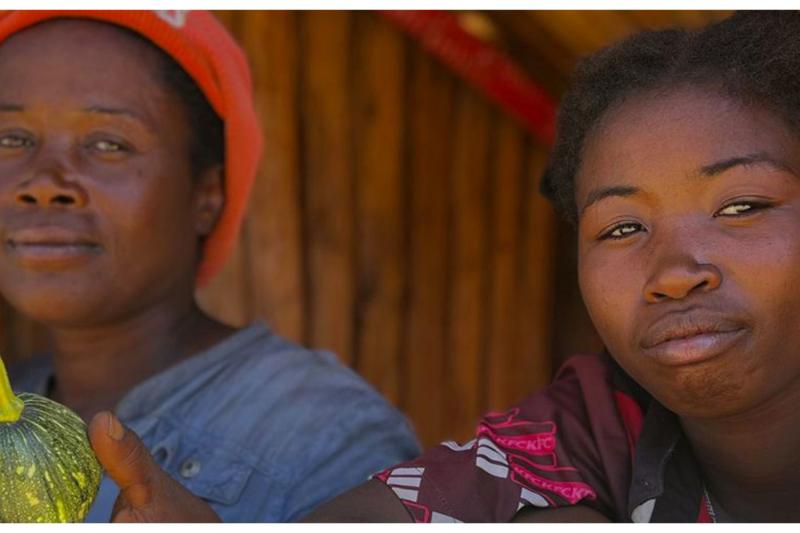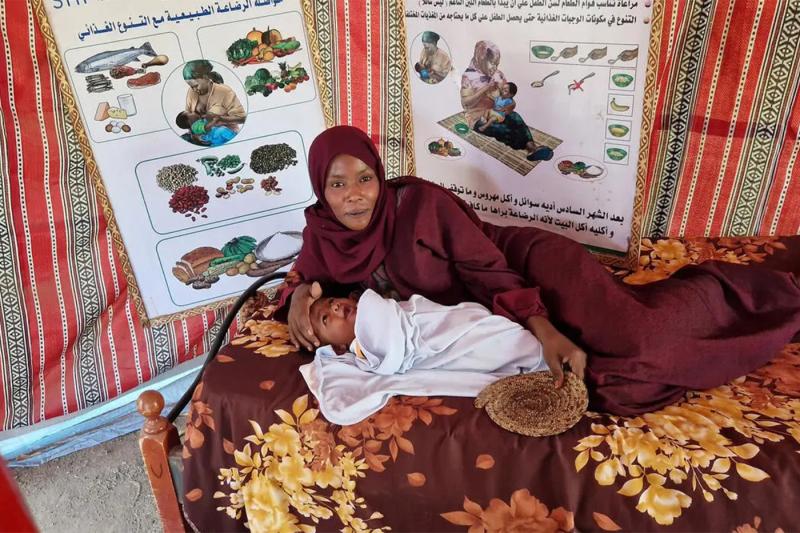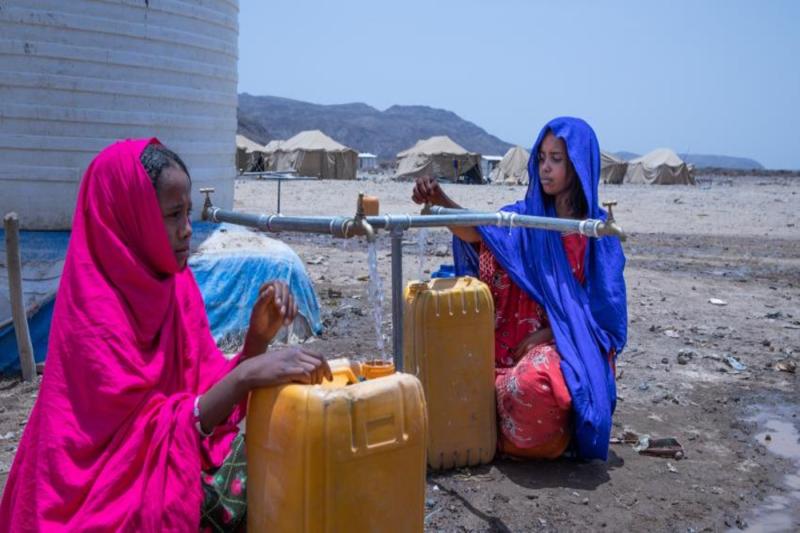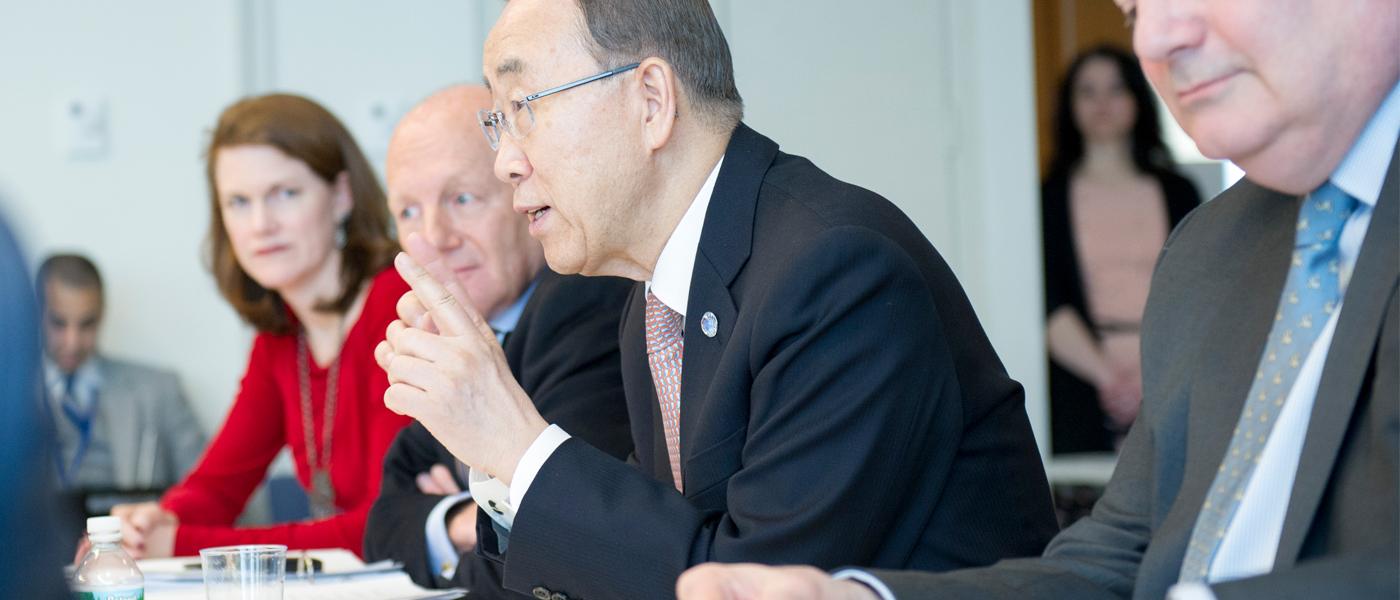
UN secretary-general appoints new members to global emergency fund's advisory group
(New York, 19 September 2016) – United Nations Secretary-General Ban Ki-moon today announced the appointment of eight new members of the Advisory Group of the Central Emergency Response Fund (CERF), the UN’s global emergency response fund.
The Advisory Group’s 18 members provide policy guidance to the Secretary-General and advice on the use and impact of CERF, through the Under-Secretary-General for Humanitarian Affairs and Emergency Relief Coordinator, Stephen O’Brien, who manages the Fund on his behalf.
CERF is one of the most effective ways to help people affected by natural disasters and armed conflict. The Advisory Group is key to managing the Fund efficiently, and to ensuring that assistance reaches those most in need. Each year, on average, the Fund enables partners to reach 20 million people with health services, 10 million with nourishing food, 8 million with clean water and sanitation, 5 million people with livelihood support, 4 million with protection, and 1 million with shelter.
In recent years, the refugee crisis has put pressure on CERF as humanitarian organizations need more funding to help tens of millions of people fleeing protracted conflicts. In 2015, CERF allocated US$470 million, US$330 million of which went to operations supporting refugees, internally displaced people and communities hosting them.
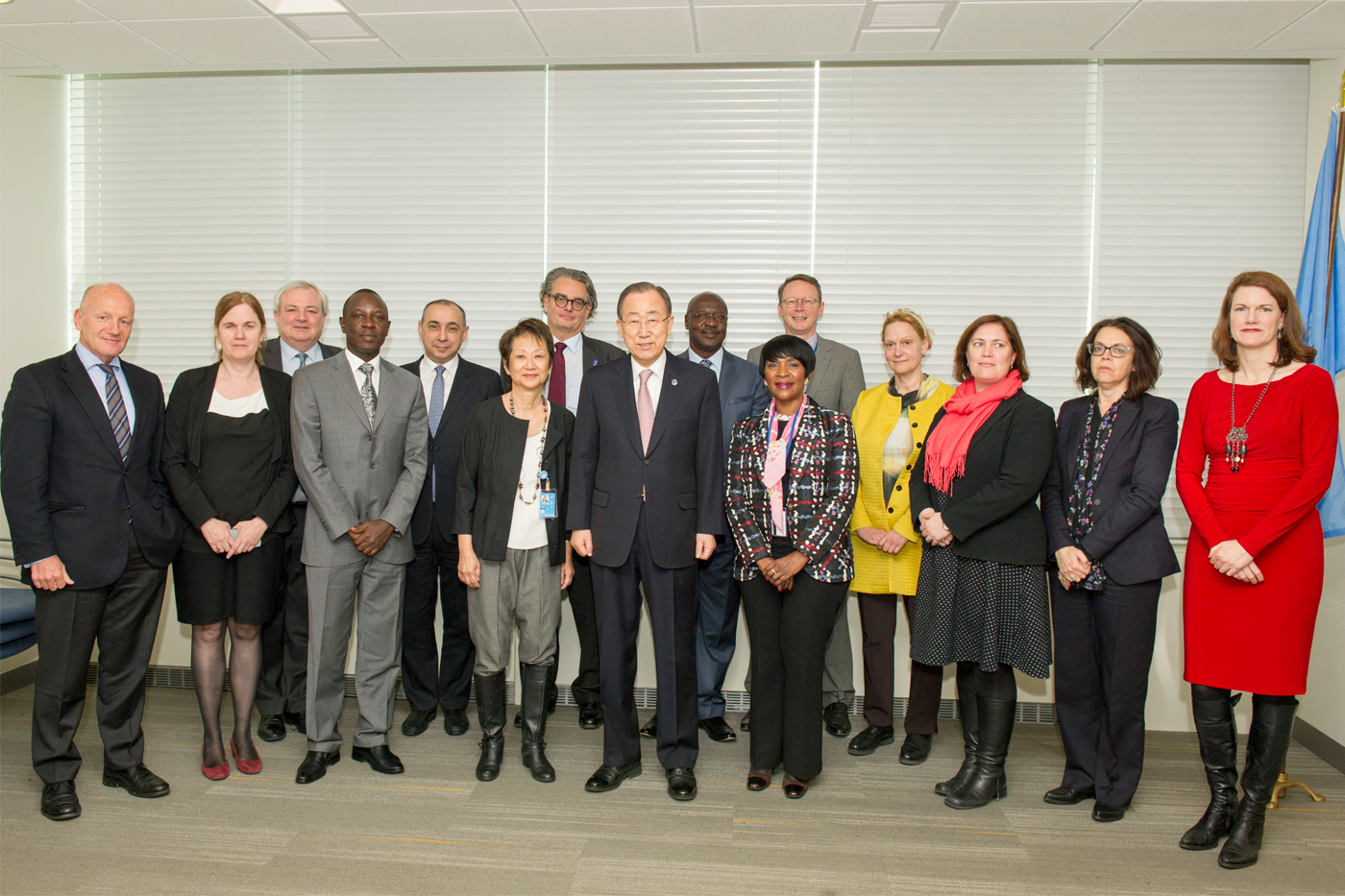
The Secretary-General has called for the doubling of CERF to $1 billion to keep pace with escalating needs. The Advisory Group will play a vital role in steering the Fund’s expansion over the next two years.
The new members are:
- Ms. Heather Jeffrey, Deputy General for International Humanitarian Assistance, Global Affairs Canada (GAC), Canada
- Mr. Peter Felten, Head of Division - Task Force for Humanitarian Aid, Federal Foreign Office, Germany
- Ms. Keiko Kiyama, Co-President of the Board of the NGO Trustees of Japan Emergency, Japan
- Dr. Hilal Al-Sayer, President of the Kuwait Red Crescent Society, Board Chairman of Dasman Diabetes Institute, Kuwait
- Mr. Jelte van Wieren, Director of the Stabilization and Humanitarian Aid Department at the Dutch Ministry of Foreign Affairs, The Netherlands
- Ms. Leni Stenseth, Director, Section for Humanitarian Affairs, Ministry of Foreign Affairs, Norway
- Dr. Salah Almazroa, Director-General of the General Administration of Supply of the King Salman Humanitarian Aid and Relief Centre, Saudi Arabia
- Ms. Shaima Al Ali, Deputy Director, International Cooperation Policies, Ministry of Foreign Affairs & International Cooperation, United Arab Emirates
The existing members are:
- Mr. Ashraf Shikaliyev, Director, Azerbaijan International Development Agency (AIDA), Azerbaijan
- Ms. María Andrea Albán Durán, Director, International Cooperation Agency, Ministry of Foreign Affairs, Colombia
- Mr. Samson Palia Wangusi, Deputy Secretary and Head of Kenya Relief and Rehabilitation Department, Kenya
- Ms. Judy Cheng-Hopkins, Adjunct Professor of Columbia University (Peacebuilding), Malaysia
- Mr. Jesus (Gary) S. Domingo, Office of the United Nations and International Organizations, Department of Foreign Affairs, Philippines
- Ambassador Seokyoung Choi, Ambassador-at-Large, Ministry of Foreign Affairs, Republic of Korea
- Ambassador Nozipho Mxakato-Diseko, Global Governance and Continental Agenda, Department of International Relations and Cooperation, South Africa
- Mr. Per Örneus, Swedish Ambassador for Humanitarian Affairs, Sweden
- Ambassador Manuel Bessler, Head of Swiss Humanitarian Aid (SHA), Swiss Agency for Development and Cooperation (SDC), Ministry of Foreign Affairs, Switzerland
- Ms. Rachel Turner, Director, East and Central Africa Department, Department for International Development (DFID)
CERF was established by the General Assembly in 2006 to help the United Nations respond rapidly to new or deteriorating humanitarian situations. Member States and Observers, regional and local authorities, the private sector, foundations and individuals have strongly supported CERF and allowed the Fund to allocate more than $4.5 billion to support humanitarian operations in 98 countries and territories.
